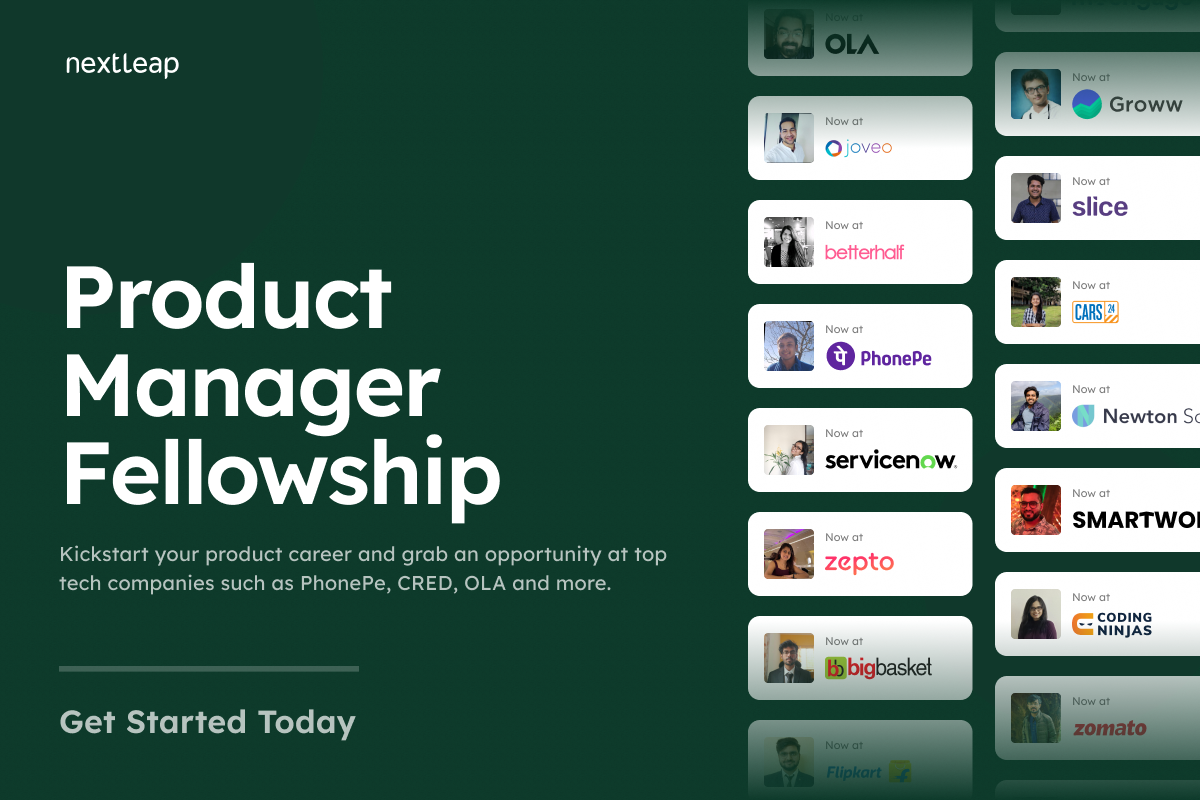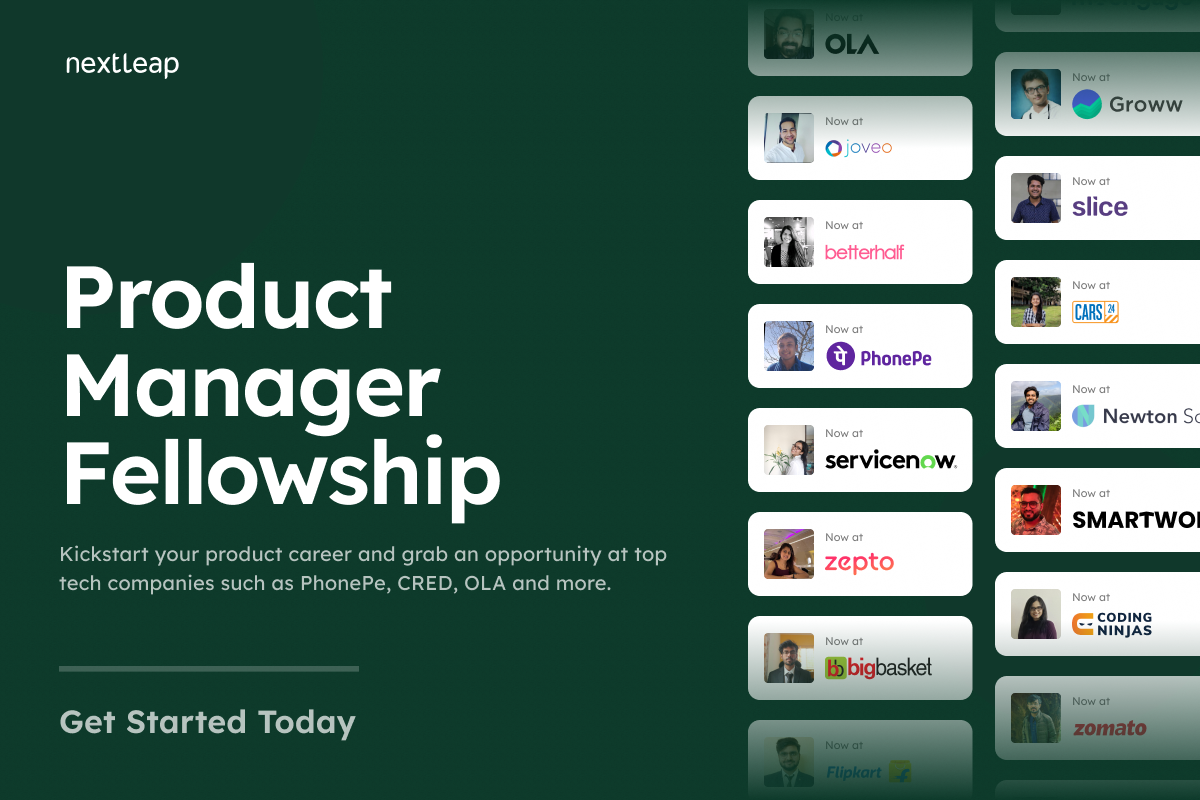B2B Product Marketing Strategy: Insights and Best Practices

Business to business (B2B) product marketing involves a comprehensive strategy that relies on different tactics to reach your target audience. Different customer segments have different needs, and research-based insights can help craft a successful product marketing plan that meets their needs. In this article, we’ll explore the best practices for creating a product marketing plan that resonates with your target audience, the benefits of account-based marketing, the power of thought leadership, the role of ABM (Account-Based Marketing), and the importance of data and analytics in the future of B2B product marketing.
How to Create a B2B Product Marketing Plan that Resonates with Your Target Audience
A successful product marketing plan should be tailored to the needs of your target audience. Start with research on your customer segment to understand their needs, challenges, and goals. This idea of understanding the customer’s journey is the basis for effective product marketing. As you create your product marketing plan, consider the customer’s journey, identify the touchpoints they will experience throughout their journey, and focus on delivering consistent and personalized experiences.
In addition to understanding your customer’s journey, it is also important to consider how your product marketing strategy is integrated across all channels. For example, if you are using email campaigns as part of your product marketing plan, ensure that your messages are tailored to the customer’s journey and are consistent across all channels. Additionally, be sure to use data-driven insights to determine which channels are most effective for reaching your target audience.
It is also important to ensure that your product marketing plan is aligned with your overall business goals. This means that you should consider how your product marketing plan will help you achieve your desired outcomes. Additionally, you should also consider how your product marketing plan will help you build relationships with your customers and create a positive customer experience. By taking these steps, you can ensure that your product marketing plan resonates with your target audience and helps you achieve your business goals.

Become a Product Manager
Learn from top industry experts, get access to 1 year placement support and transition into product management at India's top tech companies.
The Benefits of Account-Based Marketing for B2B Products
Account-based marketing (ABM) is a strategy that focuses on engaging high-value accounts with specific personalized messaging. With ABM, you can create tailored messages to specific accounts that are much more likely to be successful than generic messages sent to a large audience. This strategy can be especially effective for B2B products as it allows you to focus on engaging larger accounts that have the potential to generate significant revenue.
ABM also allows you to measure the success of your campaigns more accurately. Typically, ABM campaigns are tied to specific metrics such as account engagement or revenue, which makes it easier to track progress and optimize accordingly. Additionally, ABM campaigns typically have higher ROI than generic campaigns as they are specifically aimed at larger accounts with higher potential for revenue.
Another benefit of ABM is that it allows you to build relationships with key decision makers in target accounts. By creating personalized messages and engaging with decision makers, you can build trust and credibility with the account, which can lead to more successful sales in the long run.
The Power of Thought Leadership in B2B Product Marketing
Thought leadership is an important tactic for product marketing, especially when it comes to B2B products. Thought leadership involves creating content that showcases your expertise and demonstrates that you understand your customer’s needs. For example, creating blog posts or videos that explain complex topics in an easy-to-understand manner can be an effective way to build trust with potential customers.
Thought leadership also helps differentiate your product in a crowded market. Consumers today have more options than ever before, so it is important to stand out from the competition. Thought leadership can be a powerful way to demonstrate your expertise and build relationships with potential customers.
In addition to creating content, thought leadership can also involve speaking engagements, webinars, and other events. These activities can help you reach a wider audience and establish yourself as an authority in your field. By engaging with potential customers in a meaningful way, you can create a lasting impression and build trust with your target audience.
The Role of ABM (Account-Based Marketing) in B2B Product Success
ABM is a powerful tool for B2B product success as it allows companies to engage high-value accounts with specific messaging tailored to their needs. This type of personalized messaging can help build relationships with potential customers and lead to increased sales. Additionally, ABM campaigns typically have higher ROI than generic campaigns as they are specifically aimed at larger accounts with higher potential for revenue.
ABM can also help keep track of progress and measure success by focusing on specific metrics such as account engagement or revenue. This data-driven approach helps B2B companies understand how their campaigns are performing and allows them to optimize accordingly.
Furthermore, ABM can be used to identify new opportunities for growth. By analyzing customer data, companies can identify new markets and target accounts that may be interested in their product. This can help B2B companies expand their reach and increase their customer base.
The Future of B2B Product Marketing: The Importance of Data and Analytics
Data and analytics will play an increasingly important role in B2B product marketing in the future. As businesses become more data-driven, they will need to use data-driven insights to understand their customers and make more informed decisions about their product marketing strategies. Additionally, data-driven insights will make it easier to track progress and measure success.
Data and analytics will also help companies create more personalized experiences for their customers. With insights into each customer’s journey, companies can tailor messaging accordingly and deliver more meaningful experiences. For example, companies can use data-driven insights to determine which channels are most effective for reaching their target audience and create campaigns tailored to those channels.
In conclusion, a successful B2B product marketing strategy requires a comprehensive plan that takes into account the needs of the customer and is tailored to their journey. Account-based marketing, thought leadership, and data-driven insights can all play a role in helping companies create successful product marketing plans. By following these best practices, companies can ensure that their product marketing strategies are effective and resonate with their target audience.
Data and analytics can also help companies identify new opportunities for growth. By analyzing customer data, companies can uncover new trends and insights that can be used to inform product marketing strategies. Additionally, data-driven insights can help companies identify new markets and customer segments that can be targeted with tailored messaging and campaigns.

Become a Product Manager
Learn from top industry experts, get access to 1 year placement support and transition into product management at India's top tech companies.



